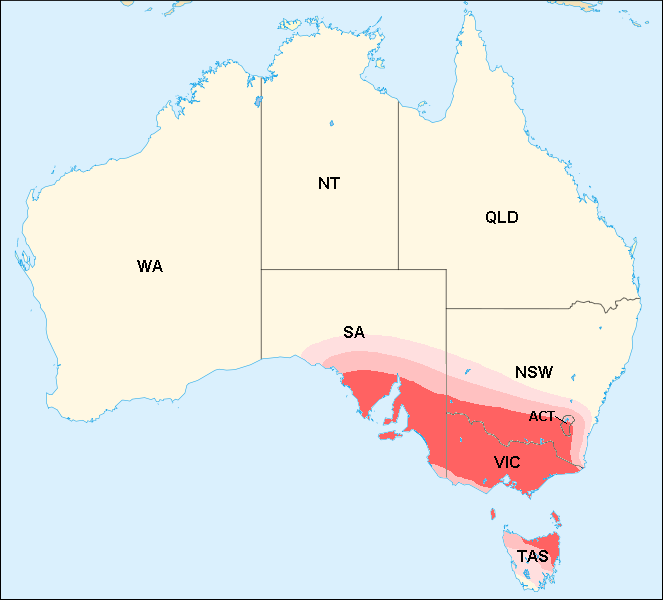Lobbying and Agenda Setting: Whose Interests are Served, How and Why?
Room 650, Social Sciences Building, University of Sydney Science Road, CamperdownLobbying and advising the government are part of the democratic process. Sometimes the interests being served are clear, yet at others they are hidden. Sometimes stories are told to make the outcomes desired easier to understand, and more likely, while at others the narrative serves to shroud the real outcomes desired and undermine democratic processes. In this presentation, the cases of consultants advising governments and the OECD on tax avoidance and LGBTQ+ lobbying are used to tease out some of these tensions. In the case of the former, the role of the Big Four (PwC, EY, KPMG and Deloitte) is used to illustrate how interests potentially undermine desirable outcomes. In the case of the latter, lobbyists and lobbying were essential in driving desirable change. Moderator: Professor Gaby Ramia Speakers: Associate Professor John Mikler: John is an Associate Professor in the Discipline of Government and International Relations. He researches corporations' relations with states, civil society and international organisations, as well as how they are political actors in their own right. His recent books include The Political Power of Global Corporations (Polity 2018); MNCs in Global Politics: Pathways of Influence (co-edited with Karsten Ronit, Edward Elgar 2020); and Capitalism for All: Realising its Liberal […]


